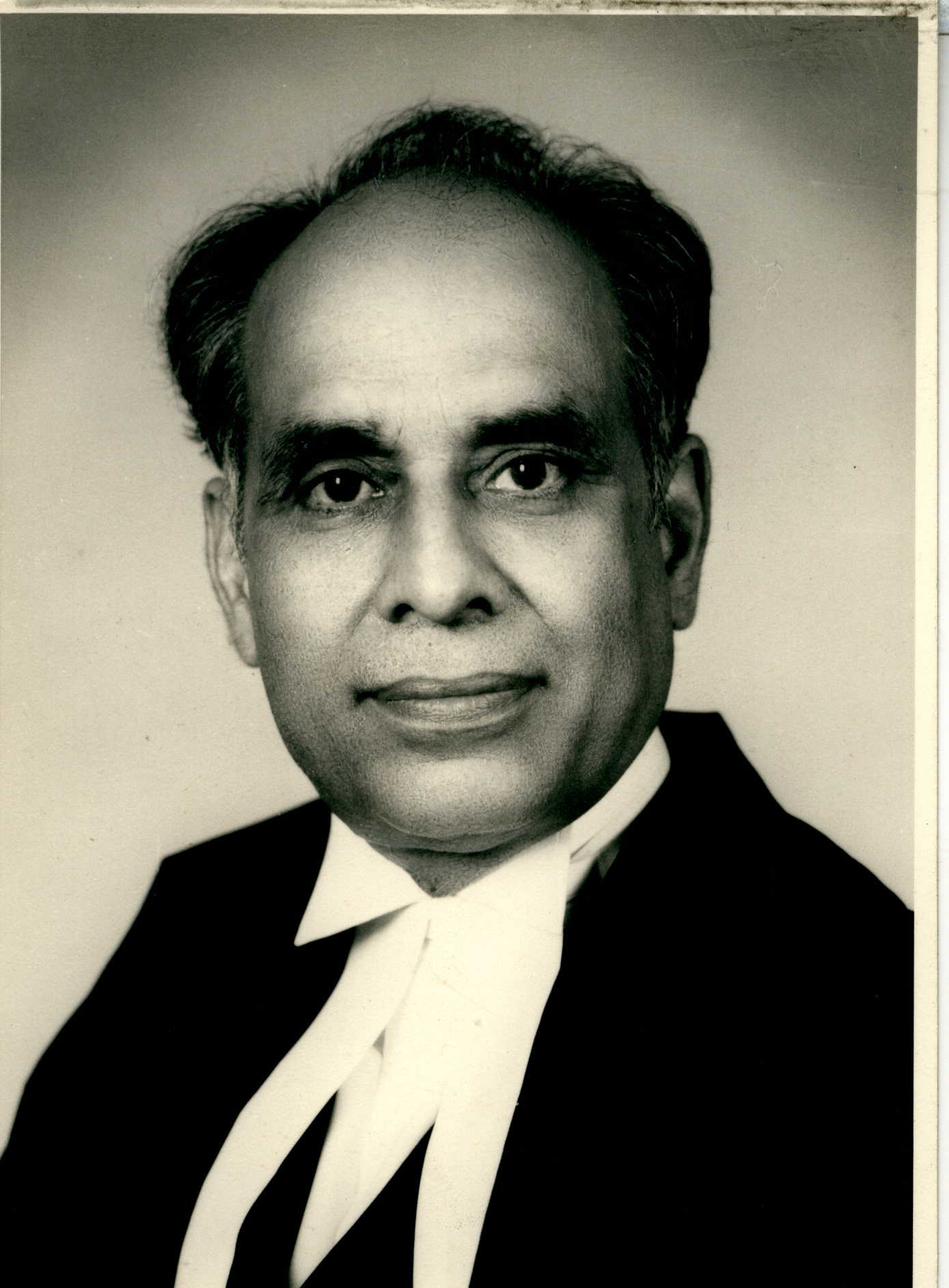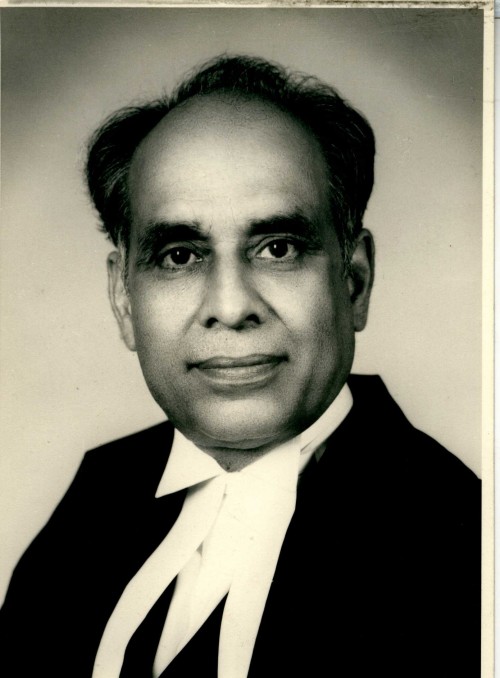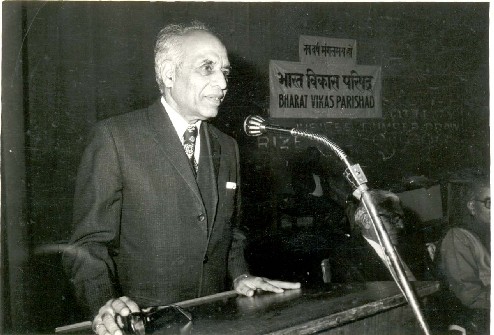The Judge Who Stood Against The Prime Minister
At a time when India is rocked with allegations of corruption in the judiciary, it might be hard to imagine a judge who would have the courage to stand up against the government, let alone the Prime Minister! But here is the story of a judge who once did, even if it meant losing the post of the Chief Justice of India. He might be the single reason Democracy is still alive in our country!

At a time when India is rocked with allegations of corruption in the judiciary, it might be hard to imagine a judge who would have the courage to stand up against the government, let alone the Prime Minister! But here is the story of a judge who once did, even if it meant losing the post of the Chief Justice of India. He might be the single reason Democracy is still alive in our country!
A man so honourable that it cost him his job, so brave that he stood up against the Prime Minister when others didn’t dare to, a judge so fair that he did not think of the consequences when he stood for the right decision.
The man in context is Hans Raj Khanna, legendary judge of the Supreme Court of India during 1967-77. He stood for all the qualities required of a judge and his admirable courage is something which has made him immortal in everyone’s memories.
Born in Amritsar, Punjab on July 3, 1912, Khanna was the son of a freedom fighter Sarb Dyal Khanna who was a lawyer and later became the mayor of Amritsar. Khanna’s mother died young and his grandmother looked after the household.
Following his father’s footsteps, Khanna decided to study law after school. Soon after receiving the degree he started his own practice which was a success.

He had given many life changing decisions in his life but the one thing that we admire him for the most is his stand in the Habeas Corpus case (ADM Jabalpur vs Shivkant Shukla) during Indira Gandhi’s emergency, what is considered to be the darkest hour in Indian democracy.
When Indira Gandhi lost her election case on June 12, 1975, she was granted only conditional stay which meant that she could not exercise her voting or speaking powers in the Lok Sabha and became just a nominal prime minister. She immediately declared a state of internal emergency. This gave her the authority to rule by decree, which allowed her to suspend elections and civil liberties. This type of rule is often used by dictators.
He was the only judge in a five-member bench to go against the decision that if a person is ill-treated or his family members are detained without legal authority, he can’t approach the court for any justice and there is no remedy to this situation.
While all the other four agreed to this contention and supported the government, Khanna maintained that the state had no power to deprive a person of his life and liberty without legal authority.
In his dissent, Khanna said, “What is at stake is the rule of law… the question is whether the law speaking through the authority of the Court shall be absolutely silenced and rendered mute…”
The court went by the majority and declared that a person has no remedy for illegal detentions, unauthorized demolitions, murder and mayhem. The Supreme Court sanctioned “the rule of lawlessness.”
Khanna sensed that after his stand, his judgeship might be in jeopardy. On the day he was to give his opinion for the fated case, he had mentioned to his sister, “I have prepared my judgment, which is going to cost me the Chief Justice-ship of India.” He was soon proved right.
In spite of enjoying the support and respect of all the bar associations and the entire legal community, he was superseded for the post of Chief Justice of India by Indira Gandhi in January 1977, and the same day he sent in his resignation.
Unlike his colleagues he did not think about ambition and the government pressure. Rather, he took a decision he believed in even if it required him to go against everyone, even the prime minister.
He got international acclaim for his decision and was praised by many. George H Gadbois noted in his book “Judges of the Supreme Court of India” that later when Justice Khanna became the Chairman of the Eighth Law Commission, he served in this capacity without salary in order to work independently from the government.
“If India ever finds its way back to the freedom of democracy that were proud hallmarks of its first 18 years as an independent nation, someone will surely erect a monument to Justice Khanna of the Supreme Court,” wrote the New York Times about him.
He died at the age of ninety-five on 25 February, 2008 during his sleep. A silent end peaceful end to someone who changed the picture of decision-making and inspired many people through his courage and commitment.
It is not easy to take decisions, especially in situations as crucial as the emergency. But Khanna proved his worth and made a most historical decision which might not have resulted in substantial change at the time, but it opened the gates for many who want to take a stand for what they believed in.
Justice Khanna was an amazing judge, an honourable citizen and above all, a free man, and this is how we all will remember him for many years to come.
Like this story? Or have something to share? Write to us: [email protected], or connect with us on Facebook and Twitter (@thebetterindia).
If you found our stories insightful, informative, or even just enjoyable, we invite you to consider making a voluntary payment to support the work we do at The Better India. Your contribution helps us continue producing quality content that educates, inspires, and drives positive change.
Choose one of the payment options below for your contribution-
By paying for the stories you value, you directly contribute to sustaining our efforts focused on making a difference in the world. Together, let's ensure that impactful stories continue to be told and shared, enriching lives and communities alike.
Thank you for your support. Here are some frequently asked questions you might find helpful to know why you are contributing?


This story made me
-
97
-
121
-
89
-
167















